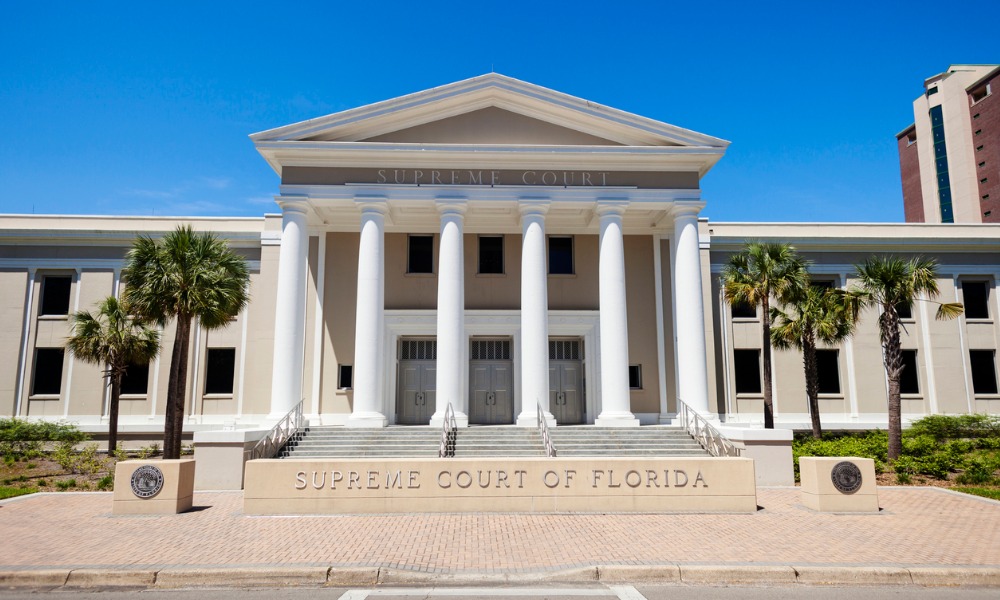
"It is no small matter for one court to conclude that a predecessor court has clearly erred"

The Florida Supreme Court last week reversed course on a ruling that previously required a unanimous jury in order for a judge to be allowed to impose the death penalty.
Slate said that the latest decision is a “decision of extraordinary breadth,” while the Associated Press described it as “a dramatic legal reversal that could affect dozens of death row cases.” The Tampa Bay Times said it is “a stunning reversal.”
The latest ruling walks back the 2016 decision on Hurst v. Florida by the state’s supreme court, which resulted in lawmakers repealing Florida law. That 2016 decision followed the US Supreme Court’s rejection of Florida’s sentencing framework for capital crimes, which until then allowed juries to render “advisory sentences” in cases involving death sentences.
The US Supreme Court said that the jury, not judges, must find each charge proved and merit a sentence of death. The Florida Supreme Court subsequently went further than the US Supreme Court’s requirement, ruling that jurors must be unanimous on merits of the case warranting a penalty of death, on aggravating factors outweighing mitigating factors, and on the recommendation of a penalty of death.
“It is no small matter for one court to conclude that a predecessor court has clearly erred,” the court said Thursday. It added that the court “got it wrong” in 2016.
The decision defeats a bid by Mark Poole, who sought a new sentencing hearing because his jury was not unanimous in recommending a penalty of death. Poole was convicted in 2005 of killing a man who, in 2001, was trying to defend a pregnant woman he was assaulting.
The Florida Supreme Court said that the state constitution’s prohibition on cruel and unusual punishment does not require a unanimous jury decision, or any jury recommendation, before a death sentence can be imposed.